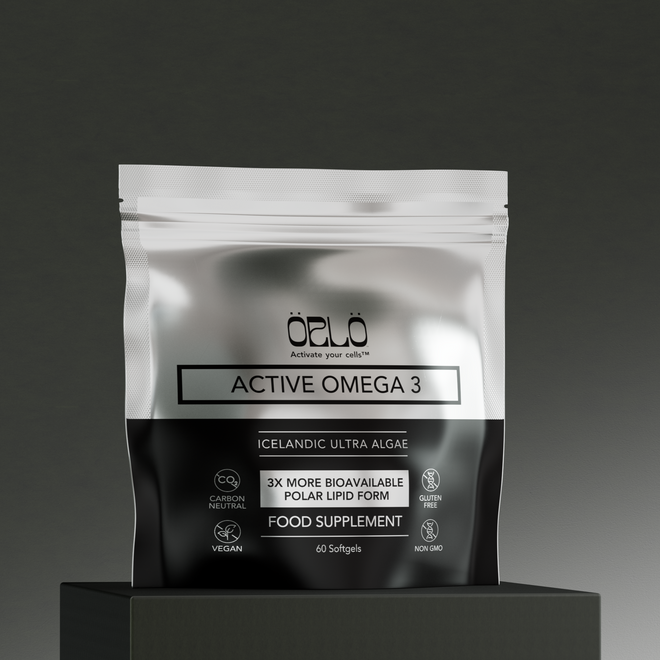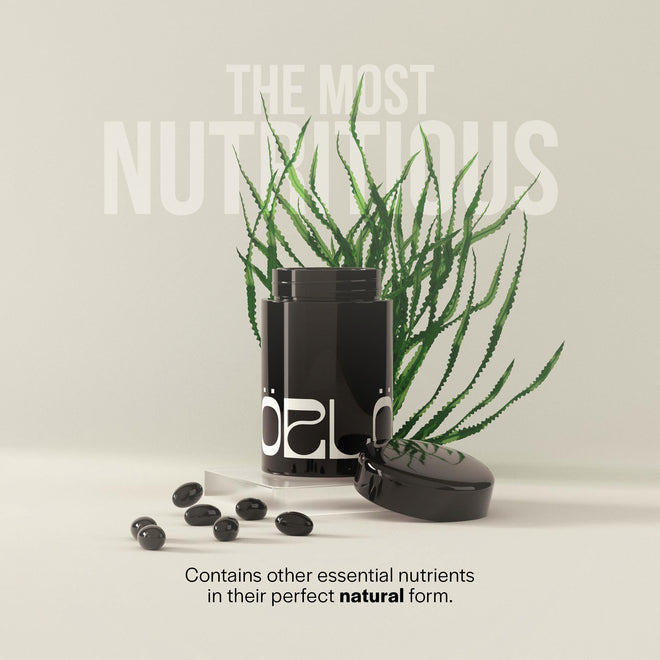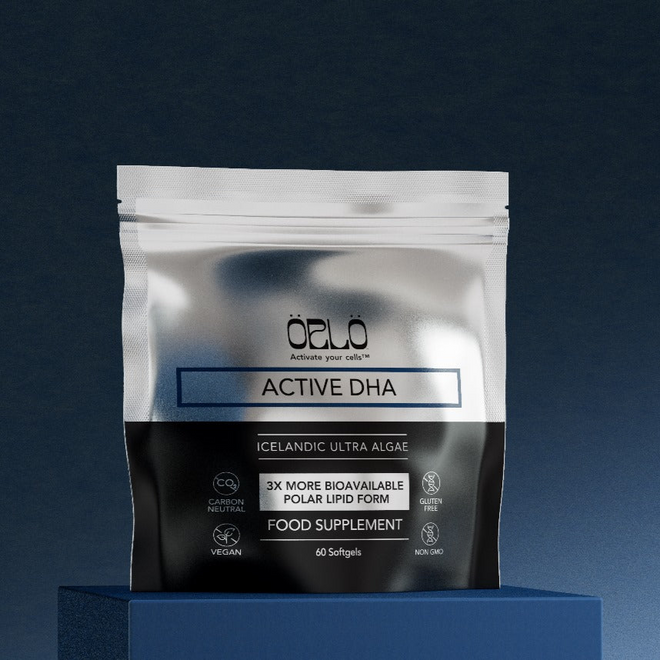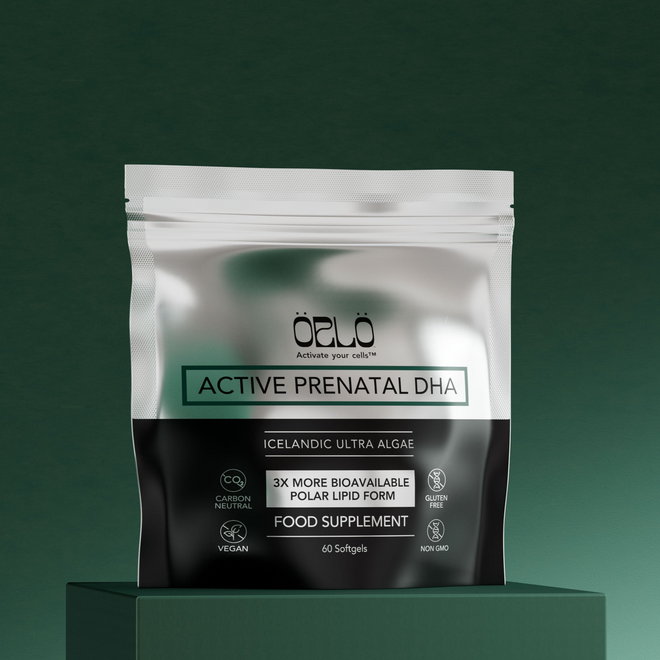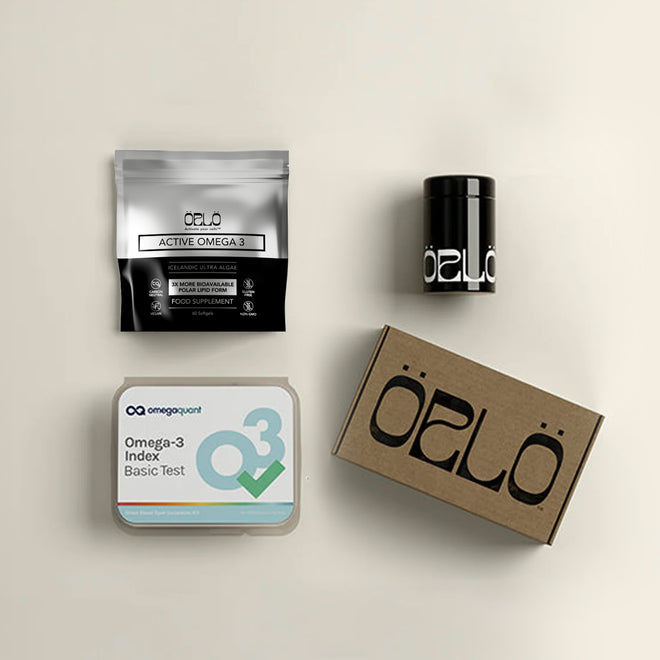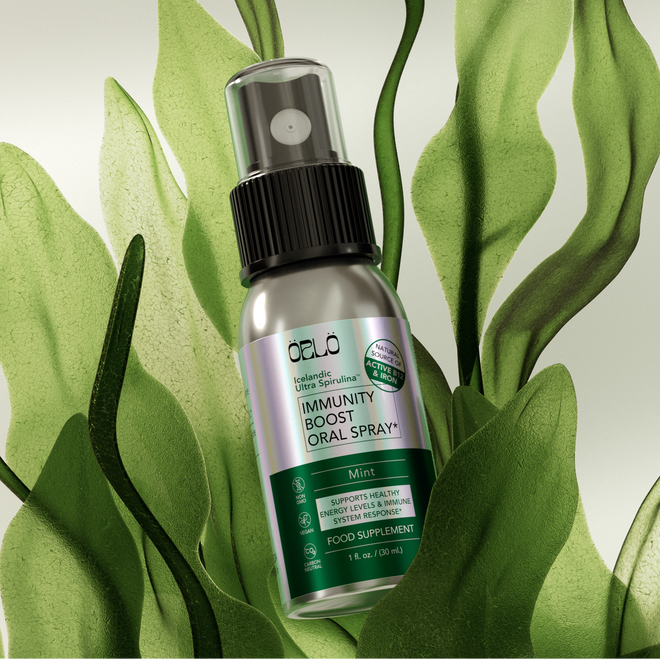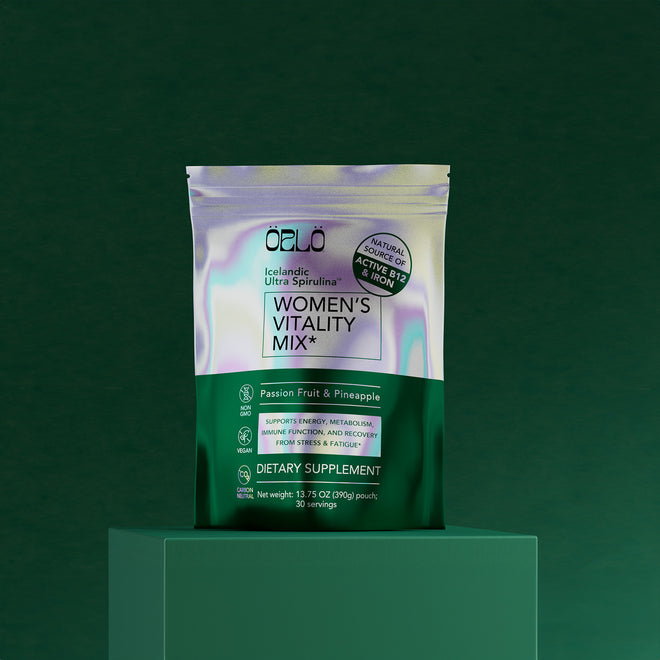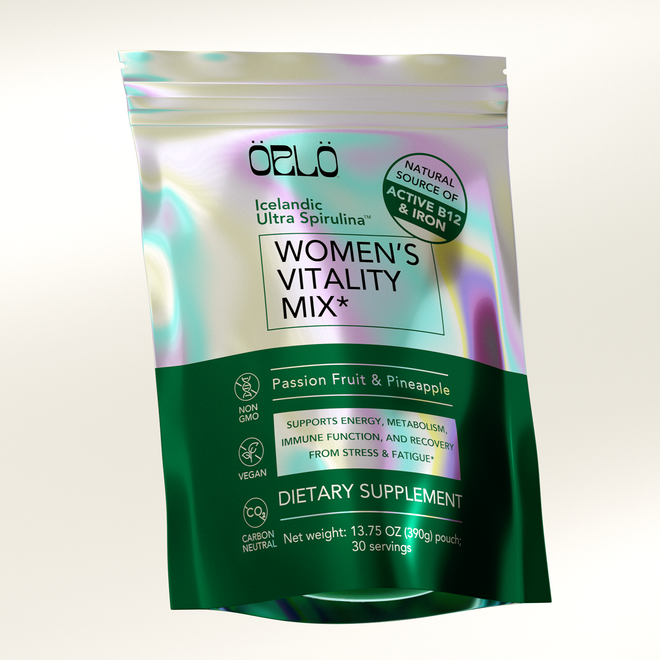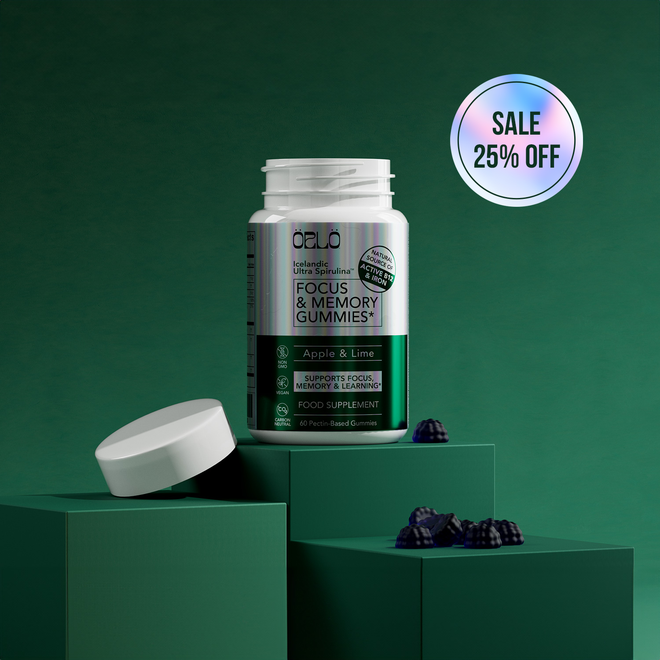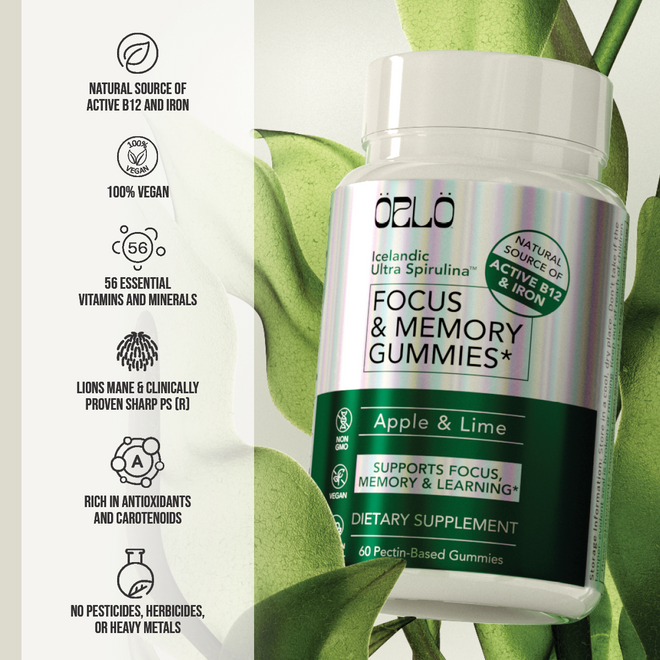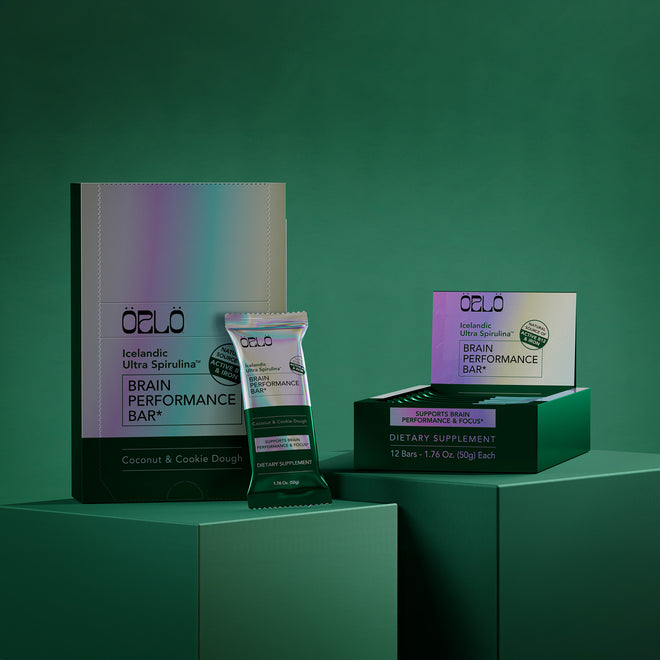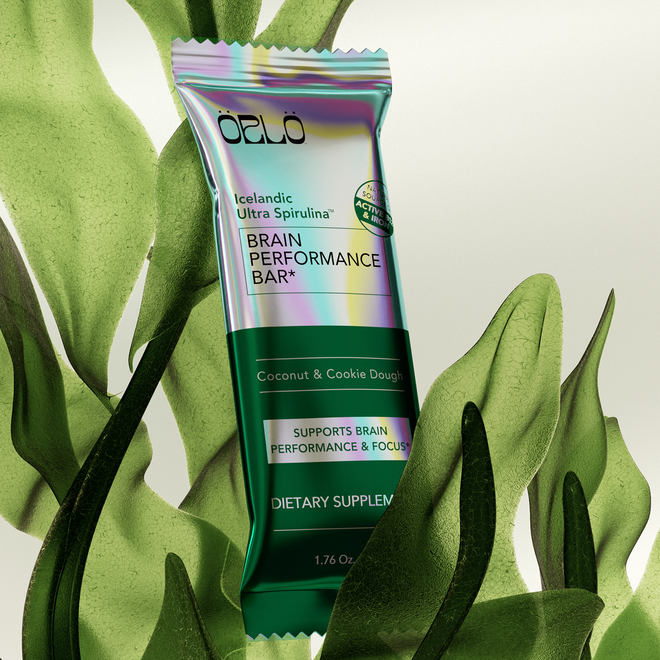Free shipping on purchases over $69
Understanding Algae-Based Omega-3 Side Effects
Switching from fish oil to algae-based omega-3 supplements can feel like a small step, but it can come with a few surprises. Some are good, like the smoother taste or knowing it's made from plant-based sources. Others might be new to your body, especially during the first week or two. That's totally normal with any shift in diet or supplements. While algae-based omega-3 is considered gentle, you might still run into some mild side effects as your body adjusts.
Product labels usually focus on the benefits, and for good reason. But it's helpful to talk honestly about the flip side too. It's not about scaring anyone away. It's about small things that can happen so you're not caught off guard. If you're thinking about trying omega-3 from algae or you've already made the switch and feel a little off, you're in the right place. Some side effects are just signs that your body is figuring out how to work with something new.
Understanding Algae-Based Omega-3 Supplements
Omega-3 has been known for years to help support brain, heart, and even skin health. Most people connect it to fish oil since that’s the source that’s been around the longest. But fish get their omega-3 by eating algae. When you take omega-3 directly from algae, you're skipping the fish middleman and everything that comes along with it.
The purity is one big difference. Algae-based omega-3 doesn't carry the fishy smell or taste, and that’s a big win for anyone who is sensitive to those odors. The softgels are often smaller and easier to take. Some don't even require food to prevent stomach discomfort, unlike typical fish oil.
Another major point is how algae is grown. It's cultivated in controlled environments, usually without ocean pollutants or harsh chemicals. That means a cleaner, more predictable source. And because it's 100% plant-based, it fits right into vegan, vegetarian, or allergy-conscious lifestyles. That can really matter, especially if you already manage other diet needs.
You're giving your body a cleaner source of EPA and DHA, both important omega-3 forms. And on top of that, you're choosing something better for the planet. Algae doesn't involve overfishing, and that reduces pressure on marine ecosystems. For many people, being part of that shift toward sustainability is reason enough to make the switch.
Common Side Effects When Switching to Algae-Based Omega-3 Supplements
While algae-based omega-3 is often easier on the system than fish oil, your body may still respond during the adjustment. These effects are usually mild and temporary but worth knowing about.
1. Digestive changes
You might feel bloated, notice some gas, or have softer stools in the first few days. That’s a common reaction when your body is introduced to something new. Your gut has to learn how to absorb and process it. Staying hydrated and taking the supplement with food can help settle things.
2. Taste oddities
Even though algae-based omega-3 is usually flavorless, some people report a brief earthy or grassy aftertaste. It's not fishy, but it might be different from what you're used to. This usually fades as your body adjusts.
3. Adjustment period
No supplement is totally free of transition effects. Everyone reacts differently. Some people feel more focused or energized within a few days, while others notice very gradual changes. It's normal to feel slightly different while your system finds its new balance.
Paying attention to how your body responds in the beginning helps you understand what’s normal and what might need attention. Most people find these changes are short-lived, especially when they ease the supplement into their routine.
Tips to Manage and Minimize Side Effects:
Building a habit gets easier when you're ready for what to expect. These tips can help reduce side effects and make your transition smoother.
- Start slowly
Begin with half the recommended dose and increase once you’re comfortable. This gives your digestive system time to adjust.
- Pair it with meals
Food can help soften the impact of any supplement, even if algae-based omega-3 doesn’t require it for absorption. Mealtime gives your body a rhythm to follow.
- Time it right
Take your dose at the same time every day, preferably with a meal you don’t skip. Morning or lunchtime works well for most people. Avoid taking it too late in the day if you notice it affects your energy or sleep.
- Stay hydrated
Water can ease bloating and help your body adapt more easily. If you’re feeling sluggish or gassy, increasing your water intake can support better digestion.
- Only change one thing at a time
If you're starting a new workout routine, a new diet, and a new supplement all at once, it can be tough to tell what’s causing what. Spacing out changes helps you listen to your body more clearly.
Making adjustments like these can ease discomfort and build a better foundation for long-term success. Everyone’s body responds at a different pace, so tune into how you feel and take it step by step.
Staying Consistent to Make It Work
Once the initial weirdness fades, it's all about keeping the routine going strong. That’s when omega-3 from algae really starts to shine.
It can be helpful to check in with a healthcare professional if you’re pregnant, nursing, or managing a health condition. They can suggest timing, dosage, or other ways to fit the supplement into your routine more effectively.
Tracking your progress is a good idea too. Try jotting down short daily or weekly notes about your energy, mood, digestion, or sleep. You might notice trends that build over time. The changes tend to be subtle but can really add up.
Consistency matters. Taking it at the same time every day helps make it automatic. If fish oil has made it hard for you to stick with a supplement in the past because of taste or side effects, algae-based omega-3 offers a gentler option that might finally be a fit.
A Switch That Can Stick Long Term
Once your system gets used to algae-based omega-3, you’ll likely notice how simple it feels to stay with it. People take omega-3 to support everything from heart health to better focus. Getting those same benefits from a plant-based source feels cleaner and easier over time.
There’s something encouraging about knowing you're choosing an option that's both good for you and better for the environment. No fishy aftertaste to deal with. No guessing whether your supplement will sit right with your stomach. A gentler, cleaner experience makes it easier to build a daily habit you want to keep.
Your body likes predictability. When a supplement fits without causing stress or discomfort, it's easier to keep going. Even the smallest changes—like switching to a better tasting, less irritating omega-3—can make a big difference in sticking with your health choices.
Making this simple switch can reset the way you think about supplements. One that supports your health, reduces ocean impact, and slides comfortably into your daily routine. When it finally fits, it’s no longer a chore. It's your new normal. And that’s a step worth taking.
Discover the benefits of choosing a clean and eco-friendly source of omega-3 with ORLO. By selecting omega-3 from algae, you prioritize not only your health but also environmental sustainability. Explore our collection of algae-based supplements to find a daily routine that supports your wellness goals and the planet.
